HIPAA Compliant: Maintaining Confidentiality in Healthcare Sectors
The Health Insurance Portability and Accountability Act (HIPAA) was passed in 1996 in a move intended to provide improved access to health care. However, the act also made communication between facilities and associated services difficult, as patient privacy became necessary. Because confidentiality was mandated, the use of traditional fax machines became problematic. Ultimately, providers discovered that online faxing provided the speed and confidentiality required, but not all online fax services met the act’s strict protocols.
Understanding the Pitfalls of Traditional Fax Machines
Traditional, stand-alone fax machines worked quite well, but they included some inherent issues that plagued medical institutions when sending out electronic faxes. HIPAA demands facilities comply with several requirements that make using those machines virtually impossible. The regulations require fax machines used to transmit patient information to be in secure areas. That’s unrealistic in many offices, as employees and patients must move throughout the facility during a typical day.
In addition, destination numbers must always be verified before sending a fax to ensure the transmittal reaches its intended destination, and recipients must be notified in advance when a fax is sent. Those measures are not convenient. Once the fax is sent, the recipient must take steps to ensure it’s secure. No unauthorized individuals can see the patient information when it’s first sent or later. In other words, recipients must store the information securely to maintain patient privacy.
Online Faxing: The Next Logical Step
Today, practitioners and other care providers have a far better and easier option than a stand-alone fax machine: online faxing. Online faxing allows care providers to transmit patient data in a secure way that meets HIPAA requirements and makes life easier for everyone involved.
When using a top online faxing service, users are ensured all documents are protected by quality encryption and other modern security protocols. That prevents unauthorized individuals from accessing private patient information. Patients can rest easy knowing their personal information isn’t being viewed by anyone other than their care team.
A significant advantage of online faxing is speed. Sending faxes online is generally quite a bit faster than using a traditional fax machine. Physicians and other staff members can spend more time with patients or on other vital duties.
The next advantage of using a modern online faxing service is eliminating the need for a fax machine and the associated ink and paper. Since the faxing service is remote, there is no need to maintain dedicated fax equipment in an office. That saves money and reduces tasks for a facility’s employees.
Online faxing also means users can send and receive faxes remotely. That makes life simpler for medical professionals that are traveling between facilities. For example, doctors can access necessary documents from a patient’s hospital room rather than returning to their office first.
The final significant advantage of using online faxing services is the storage provided. Rather than needing a secure area to store documents in their office, clinics and other facilities, store them using cloud-based systems that add security and convenience.
Finding the Right Provider
Not every online faxing service complies with HIPAA regulations, so users must use caution when contracting services. In addition, users are always encouraged to work with a provider with a proven track record in the industry. Contact a provider for more information about the many ways online faxing benefits medical facilities and patients.







